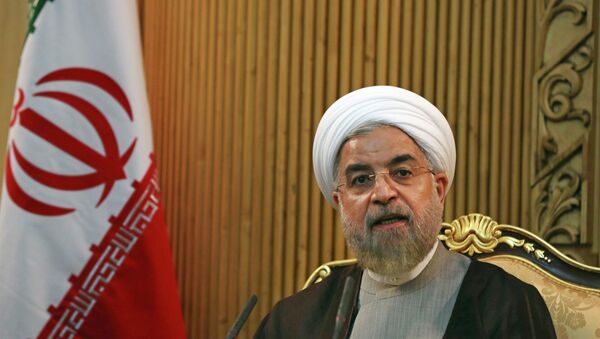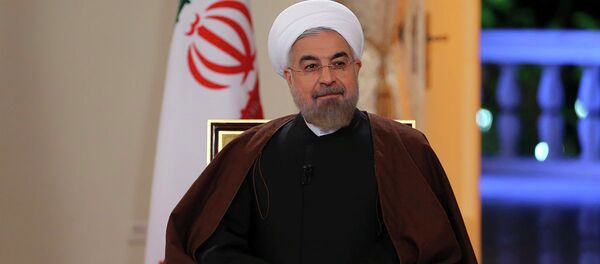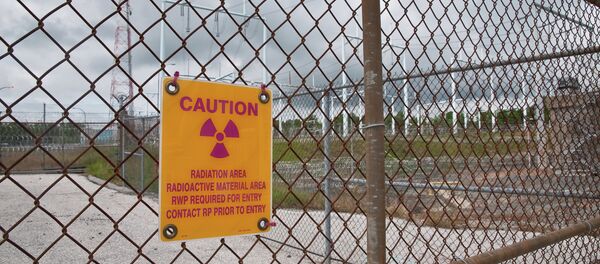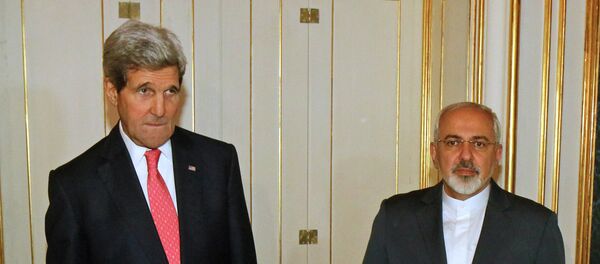Reuters reports that country's official news agency IRNA quoted Rouhani as saying, "The other side applauds their own, but here in our country, it is not clear what [the critics] are doing. It is as if they are cheering on the rival team," at a public gathering on Saturday.
In January Iranian Foreign Minister Mohammad Javad Zarif was criticized after being photographed going for a walk in the city of Geneva with US Secretary of State John Kerry, on the sidelines of bilateral talks aimed at breaking the deadlock over Iran's nuclear program. Zarif's friendliness with his Western counterparts was also documented when he traveled to Paris to meet again with Kerry as well as with French Foreign Minister Laurent Fabius.
Criticism over @JohnKerry —@JZarif stroll did not disrupt Rouhani meeting http://t.co/QgzAI4U7eV #Iran pic.twitter.com/6rMGUCL3si
— Al-Monitor (@AlMonitor) January 26, 2015
Golnaz Esfandiari, on Radio Liberty's Persian Letters blog, quoted the head of Iran's paramilitary Basij force, Mohammad Reza Naghdi, as saying that Zarif's stroll with Kerry represented "a [violation] of the blood of the martyrs," while "traveling to Paris on the same day when the French Prime Minister showed the insulting cartoon of Prophet Muhammad in front of cameras, was even worse and even more unforgivable [than the stroll]."
Iranian MP Javad Karimi Ghodousi warned that Zarif would face examination in parliament over his actions, Esfandiari reported. "We are preparing a motion for intensive questioning of the Foreign Minister, over his walk with the US Secretary of State, and his visit to France given the insult to the Prophet. We will submit this to the presidium [on January 25] with a large number of signatories."
Negotiations on sanctions and the nuclear program have been ongoing since an interim deal was reached in November 2013; the deadline for a final agreement was extended until June 2015 after the parties were unable to settle their differences before the previous July 2014 deadline. Iran continues to maintain that its activities, which include the construction of a uranium enrichment plant and a heavy-water reactor, are for the purposes of producing energy, rather than the production of nuclear weaponry.





